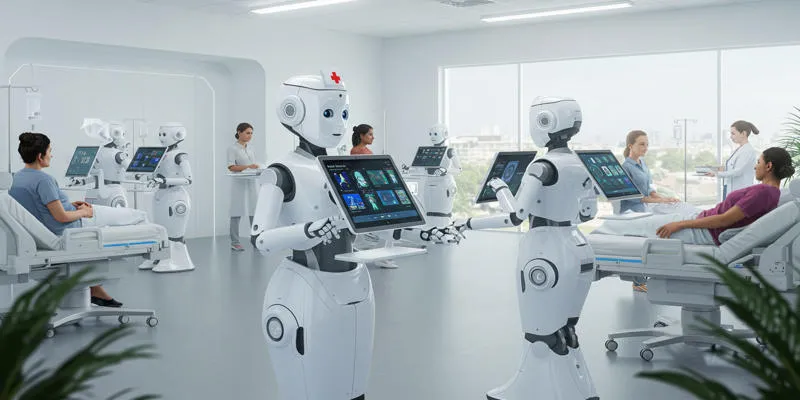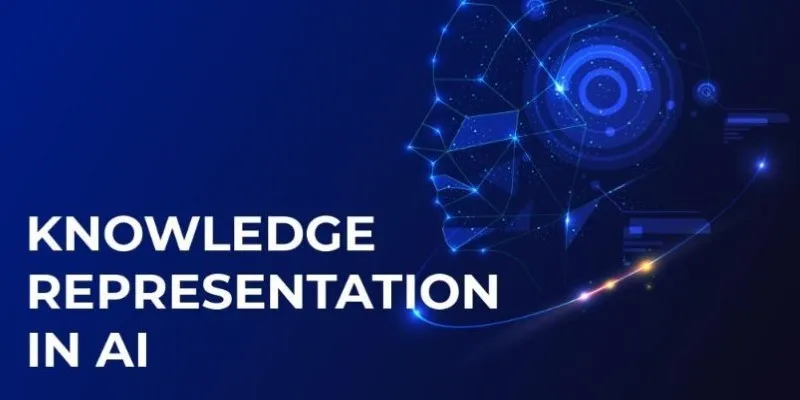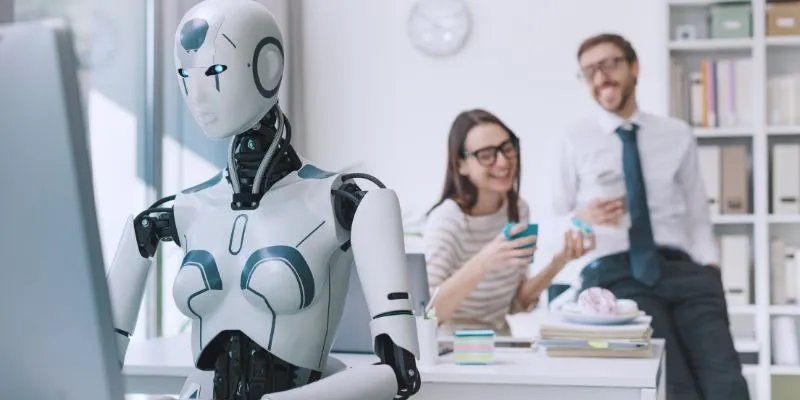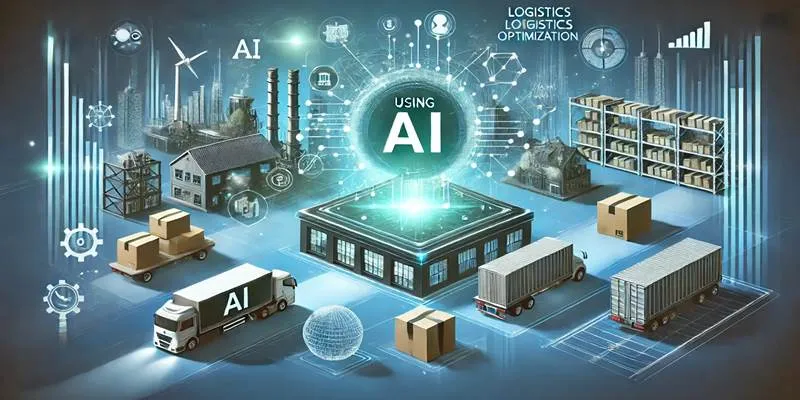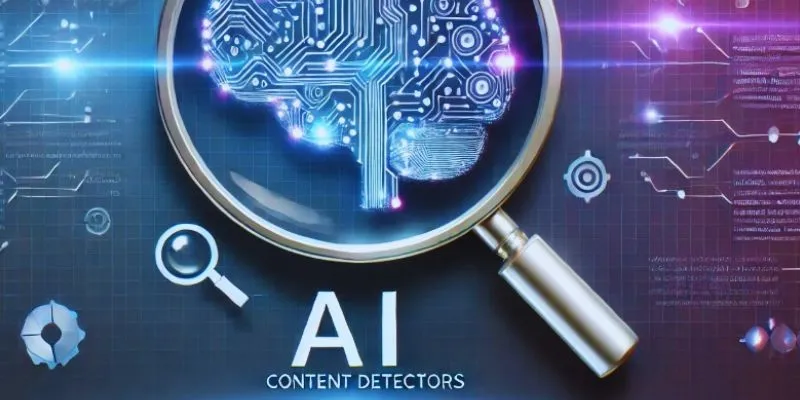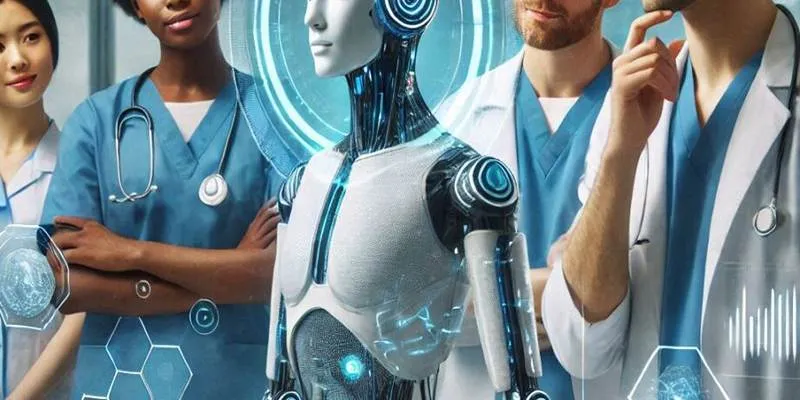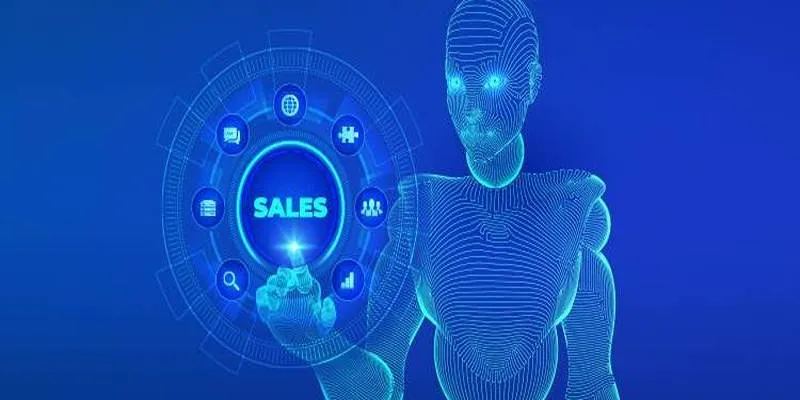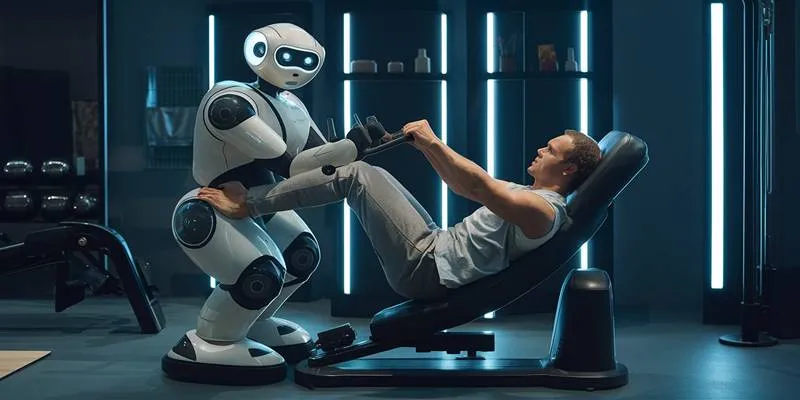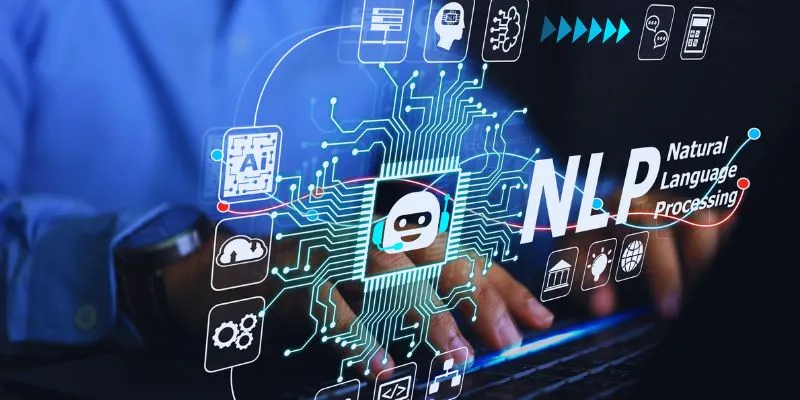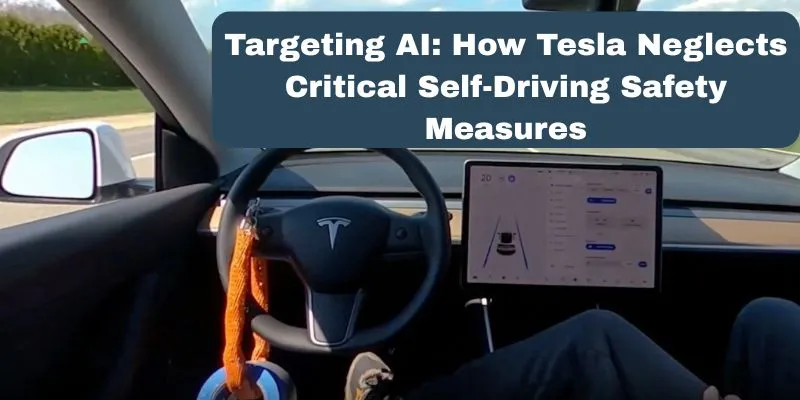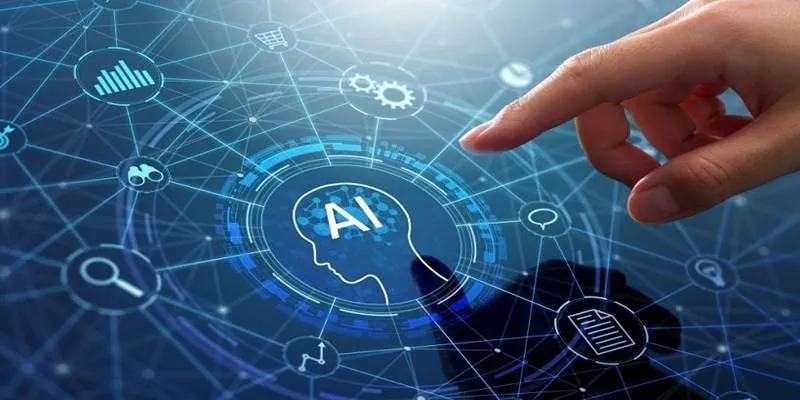As the global population ages, more adults require health and personal care services to enhance their quality of life. Fortunately, technology offers innovative solutions to address these increasing demands. One of the technologies revolutionizing senior care is Artificial Intelligence (AI).
AI provides numerous benefits that address daily challenges faced by seniors. It’s proving to be an invaluable tool in enhancing the quality of life for older adults. From monitoring their health and managing medications to ensuring safety and reducing loneliness, AI is advancing elderly care and promoting longer, healthier lives. This post delves into these transformative applications.
How AI Enhances Elderly Care
AI is not just a futuristic concept; it’s actively changing how we care for seniors today. It empowers adults to live more independently, maintain health, and foster better social connections. Here’s a closer look at how AI is transforming elderly care.
Health Monitoring and Management
AI-powered devices and systems have significantly improved senior health monitoring. Wearable technology, such as fitness trackers and smartwatches, monitors vital signs, detects anomalies, and alerts emergency services when necessary. These devices track heart rate, blood pressure, and activity levels—key indicators of health. AI processes this data, enabling timely interventions by healthcare professionals.
Some AI systems can even detect early signs of chronic conditions such as diabetes or heart disease, facilitating early intervention and better management.
- Health tracking devices : Monitor heart rate, blood pressure, and activity levels.
- Fall detection systems : Send immediate alerts to caregivers when a fall is detected.
- Early disease detection : Use AI to identify risk factors for conditions like diabetes or heart disease.
Medication Management

Managing medications can be challenging for seniors, especially with multiple prescriptions. Missing doses or incorrect dosages can have severe health consequences. AI-powered medication management systems assist seniors in adhering to their medication schedules.
These systems remind seniors when to take their medications and can dispense the correct dosage. Some advanced systems integrate with pharmacies for automatic prescription refills. AI also analyzes medication interactions, ensuring seniors avoid harmful combinations.
Smart Home Technologies for Safety
Ensuring the safety of elderly individuals is crucial, especially for those living independently. Many seniors are prone to accidents like falls and may struggle to seek help during emergencies. AI-powered smart home technologies significantly enhance home safety for the elderly.
Smart sensors in the home can detect falls, monitor activity, and track motion patterns. If a senior falls or becomes immobile, the system alerts caregivers or emergency responders. Beyond fall detection, AI-based smart systems automate tasks like adjusting thermostats, locking doors, and turning off appliances, reducing accident risks and providing peace of mind.
- Fall detection and emergency alerts : Real-time fall detection to send emergency alerts.
- Automated home systems : Control lights, doors, and appliances to enhance safety.
Combatting Loneliness and Social Isolation
Social isolation is a significant issue for many seniors, particularly those living alone or with limited mobility. Loneliness can lead to mental health problems like depression and anxiety. AI helps combat this by providing virtual companions and interactive technologies.
AI-powered robots and voice assistants engage in meaningful conversations with seniors, offer companionship, and provide mental stimulation through games. These technologies remind seniors of important events, like birthdays or appointments, ensuring regular social interactions to reduce isolation.
- Virtual assistants : Chatbots and robots engage seniors in conversation.
- Games and entertainment : Interactive games to provide mental stimulation.
- Emotional support : AI-driven robots offer companionship to reduce feelings of loneliness.
Enhancing Personal Independence
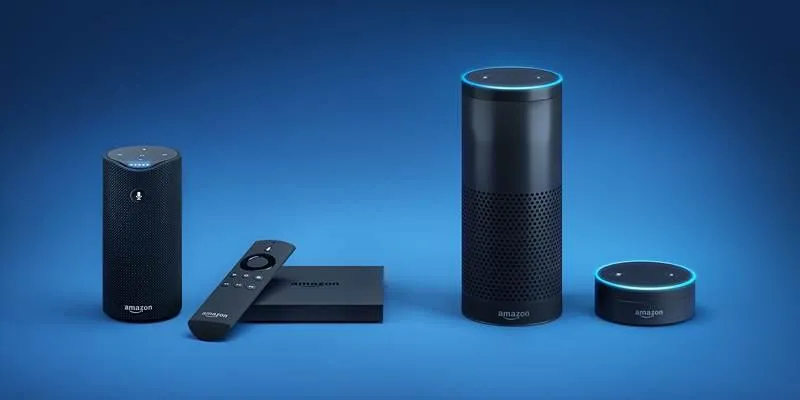
A key goal of AI in elderly care is promoting independence. Many seniors, particularly those with mobility or cognitive challenges, may feel reliant on others for daily tasks. AI technologies empower seniors to manage these tasks independently, boosting self-esteem and quality of life.
AI assistants like Amazon Alexa and Google Assistant enable seniors to perform tasks like setting reminders, making calls, or ordering groceries through voice commands. For those with mobility issues, voice-activated devices eliminate the need for physical interaction with objects or systems, offering greater convenience and freedom.
- Voice-activated assistants : Help seniors perform tasks hands-free.
- Task reminders : AI sends alerts for daily chores or medical tasks.
Conclusion
Artificial intelligence is revolutionizing elderly care by enhancing health monitoring, ensuring safety, and providing emotional support. From assisting with medication management to offering companionship and cognitive aid, AI is improving seniors’ quality of life in unprecedented ways. As AI technologies advance, they will empower seniors to live more independently, maintain better health, and enjoy an improved quality of life. By integrating human care with AI capabilities, we can create a future where elderly individuals thrive in environments that support their physical, mental, and emotional well-being.
 zfn9
zfn9


